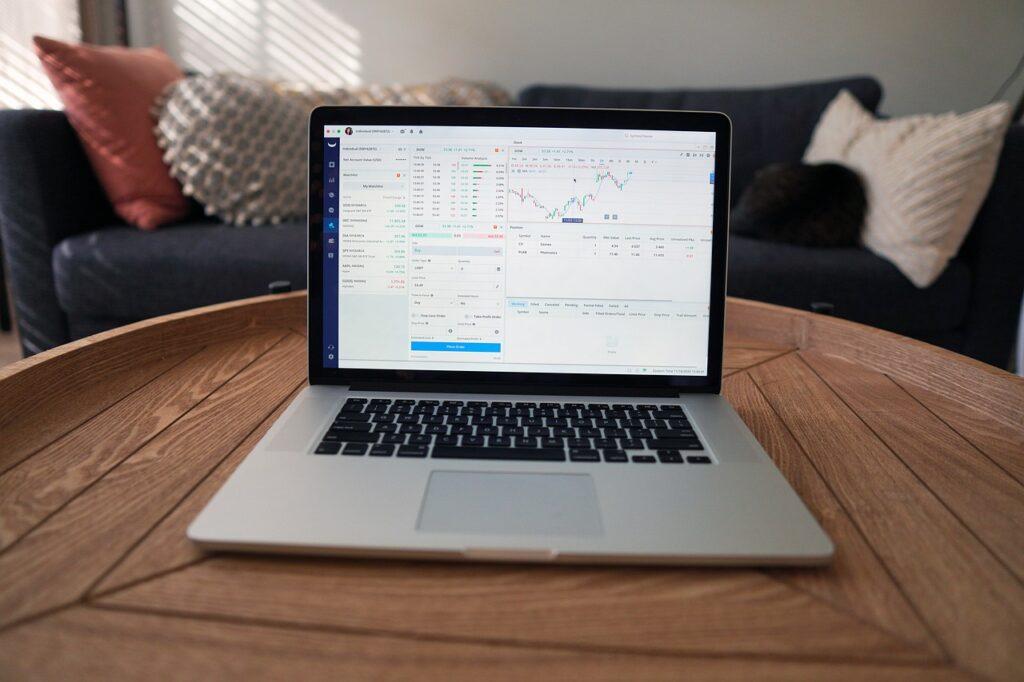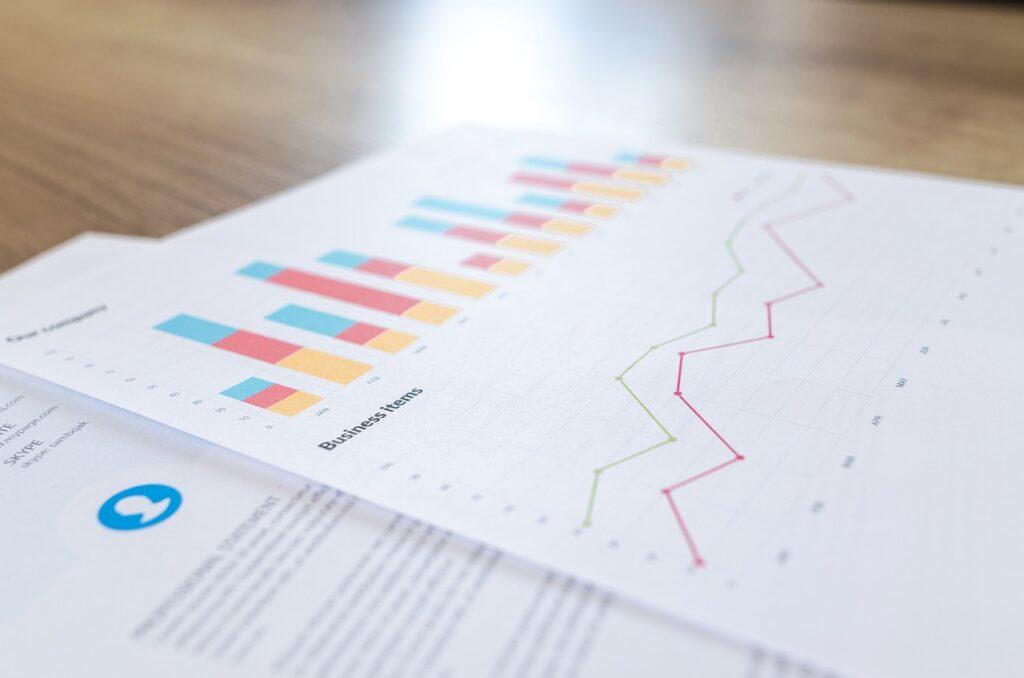
As trading and finance have become more accessible, forex trading has quickly emerged as a popular way for people and companies to earn vast sums of money by being able to predict how the global markets are going to behave at certain times.
Foreign exchange, or forex as it’s commonly known, is hugely popular. The forex market is the largest in the world, with a daily trading volume of over $6 trillion. Because of this, more and more amateur traders are trying their luck and building their careers in the trading world, leveraging the many tools now at their disposal. That being said, success doesn’t come easy, and to excel in this highly competitive world, you’ll need to carefully plan your every move and dedicate yourself to the long game.
This article will explore eight crucial steps to succeed in forex trading.
Step 1: Education and skill development
To successfully place your first forex trade, it is crucial to grasp how the market operates. The key is to prioritize education and build a foundation. Dedicate some time to understanding the different aspects of high-level trading, such as technical and fundamental analysis, risk management, and trading psychology.
Fortunately, plenty of courses, webinars, and educational materials can assist you in acquiring relevant knowledge and expertise. Additionally, it’s beneficial to practice trading in a risk environment using demo accounts. This allows you to enhance your skills without putting your capital at stake.
Step 2: Develop a robust trading plan
For a forex trading business to thrive, it is crucial to have an outlined and comprehensive trading plan. This plan should encompass your objectives, willingness to take risks, the approach you will adopt for trading, and the procedures and guidelines for executing and managing trades.
Additionally, it is important to include strategies for market scenarios. Adhering to a structured trading plan can help you maintain discipline, steer clear of poor decision-making, and enhance your overall trading effectiveness.
Step 3: Selecting a reliable forex broker

Making an informed decision when selecting a broker for your trading business is crucial. Take the time to do research and compare brokers based on factors like their principles, trading platform, fees, coverage, and customer support. A trustworthy broker will provide trade execution, access to trading tools, and protection for your funds. However, it is essential to exercise caution and be wary of questionable brokers potentially exposing you to risks.
Step 4: Risk management strategies
In the trading world, handling and mitigating risk is vital. To safeguard your capital and secure long-term success, it is crucial to establish risk strategies that focus on managing exposure. Implementing techniques like position sizing, establishing stop loss measures, and refraining from risking a large chunk of your trading capital on a single trade. It is always wise to put aside a percentage of your account balance when trading, ensuring protection against unforeseen market fluctuations.
Step 5: Discipline and emotional control
Trading foreign exchange can be a real test of your resolve, especially when there are fluctuations in the market or you fall victim to consecutive losses. It’s crucial to stay disciplined and in control of your emotions to make decisions when faced with adversity. Remember to stick to your trading plan and avoid moving based on ups and downs. Keeping a clear mind will allow you to stay focused and objective, ultimately leading to more favorable trading results.
Step 6: Backtesting and optimization

Testing your trading strategy in real-time markets is crucial before implementing it. Backtesting evaluates your strategy’s effectiveness by simulating it against realistic market conditions. Based on the results of the backtest, you can make any adjustments and optimizations to enhance its performance, allowing you to identify any weaknesses in your strategy and refine it for better results.
Step 7: Building a trading routine
Establishing a structured trading routine is essential to improve your trading discipline and productivity. This involves setting trading hours, allocating time for research and analysis, and determining the timeframes for your trades. Maintaining consistency in your routine can help you trade effectively, stay organized, make better decisions, and avoid burnout.
Step 8: Continual learning and adaptation
Focusing on continuous learning and overall adaptability is vital if you want to thrive in the changing world of forex trading. Keep yourself updated with trading strategies, stay informed about market trends, and be aware of the latest technological advancements. Participate in online trading groups, connect with trading communities, and seek guidance from other traders to gain valuable knowledge and insights.
Conclusion
You’ll need dedication, discipline, and continuous improvement to build a successful forex trading business. You have the best chance of succeeding by ensuring you have a solid education, robust trading plan, and risk management strategy.
BusinessTips.ph is an online Business Ezine that provides free and useful articles, guide, news, tips, stories and inspirations on business, finance, entrepreneurship, management and leadership, online and offline marketing, law and taxation, and personal and professional development to Filipinos and all the business owners, entrepreneurs, managers, marketers, leaders, teachers and business students around the world.
Leave a Reply